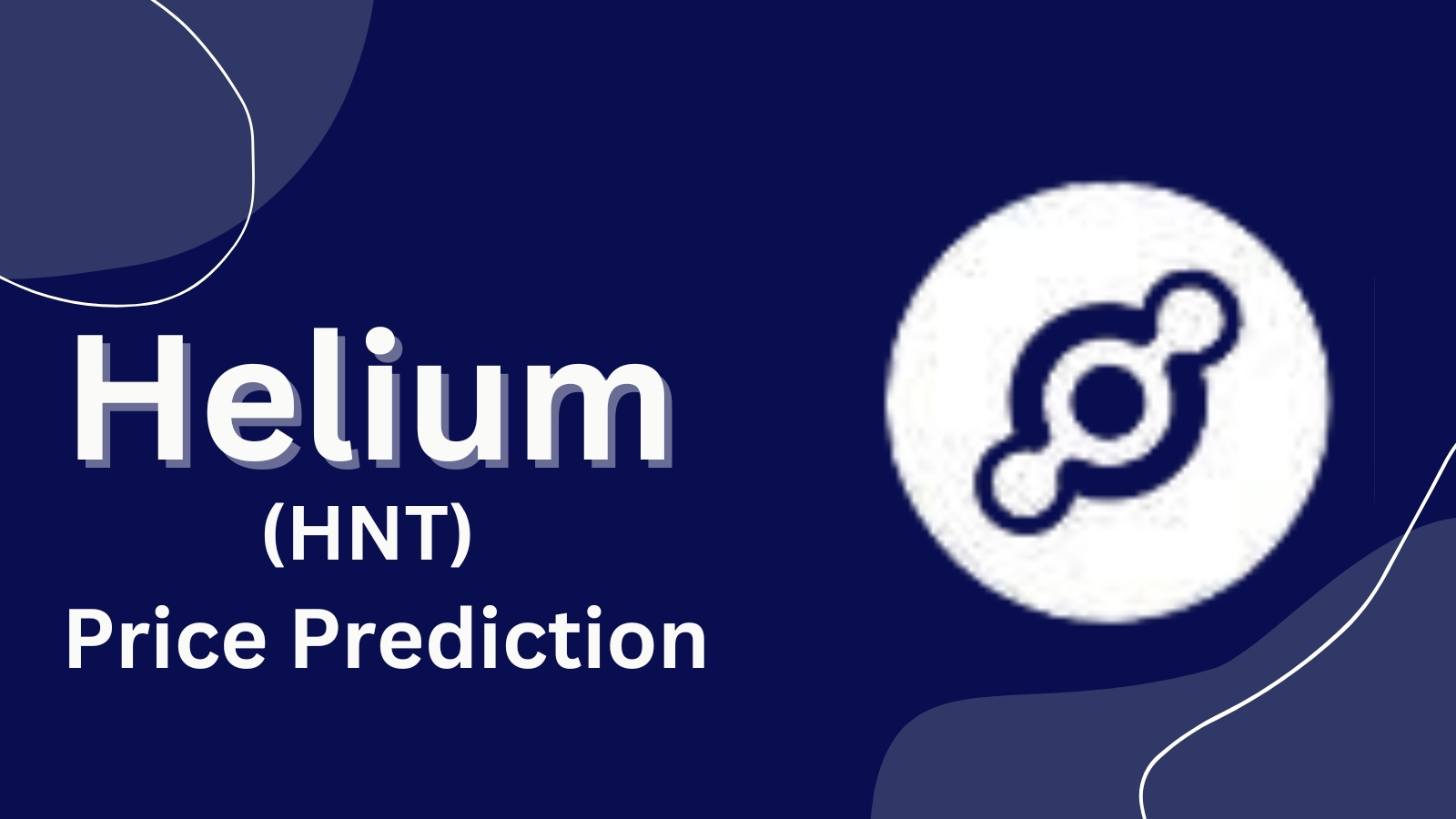On Tuesday, Google Cloud introduced its very first custom-defined Arm processor, called Axion, in its initial version. Built upon the Neoverse 2 architecture of the Arm, this solution is said to offer up to 30% increase in performance relative to the similar vCPUs provided by other cloud providers, like AWS and Microsoft, that have Arm-based instances. Also, X1 instances show to have 50% improved performance and 60% increased energy efficiency in respect of equal X86 occasions.
Google’s addition of Arm-based chips to its cloud services has triggered some expectations as the company has always developed its unique Tensor Processing Units (TPUs) alone for AI operations and has a track record of manufacturing its own Arm-based mobile chipsets for its Pixel smartphones. For instance, AWS announced Graviton chips in 2018 to begin with.

The progressive development of such services by Google, like BigTable, Spanner, BigQuery, Blobstore, Pub/Sub, Google Earth Engine and YouTube Ads, are already in the progress regarding the same. Implementation projections are already in place which will involve setting up and scaling of these services and others on Axion chips in the near future.
Google Cloud has revealed that Axion instances would be available to the customers from the second half of the current fiscal year. The company has refrained from providing a technical description of their new CPU for the time being. In the words of Google spokesperson Amanda Lam, this includes detailed technical document provided with benchmarking data and overall architecture specifications at a later stage this year.
In addition to adding the new CPU, Google, that is the forefront of both search engine application and cloud services, is also increasing its TPU chip technology. Our approaching TPU v5p pod will be comprised of 8,960 chips and that is double the number of chips in the TPU v4 pod. Through this upgrade the new chip is able to perform 2 times better than Google’s previous TPU version while offering the same level of 3 times higher bandwidth memory per chip.
ICYMI.
— The Transcript (@TheTranscript_) April 10, 2024
Google Cloud joined AWS and Azure in announcing its first custom-built Arm processor, dubbed Axion
"Technical documentation, including benchmarking and architecture details, will be available later this year" $GOOG $GOOGL pic.twitter.com/zRilmhA5Rn
In addition to adding the new CPU, Google, that is the forefront of both search engine application and cloud services, is also increasing its TPU chip technology. Our approaching TPU v5p pod will be comprised of 8,960 chips and that is double the number of chips in the TPU v4 pod. Through this upgrade the new chip is able to perform 2 times better than Google’s previous TPU version while offering the same level of 3 times higher bandwidth memory per chip.
It is expected that the advancements in AI chip technology, along with CPU design, will encourage competition and more innovation, thus advancing the data as well as related services center infrastructure. Therefore, for companies that are engaging in cloud computing, it also becomes increasingly important to be watchful of technology changes, as they can be considered as opportunities or new prospects.



